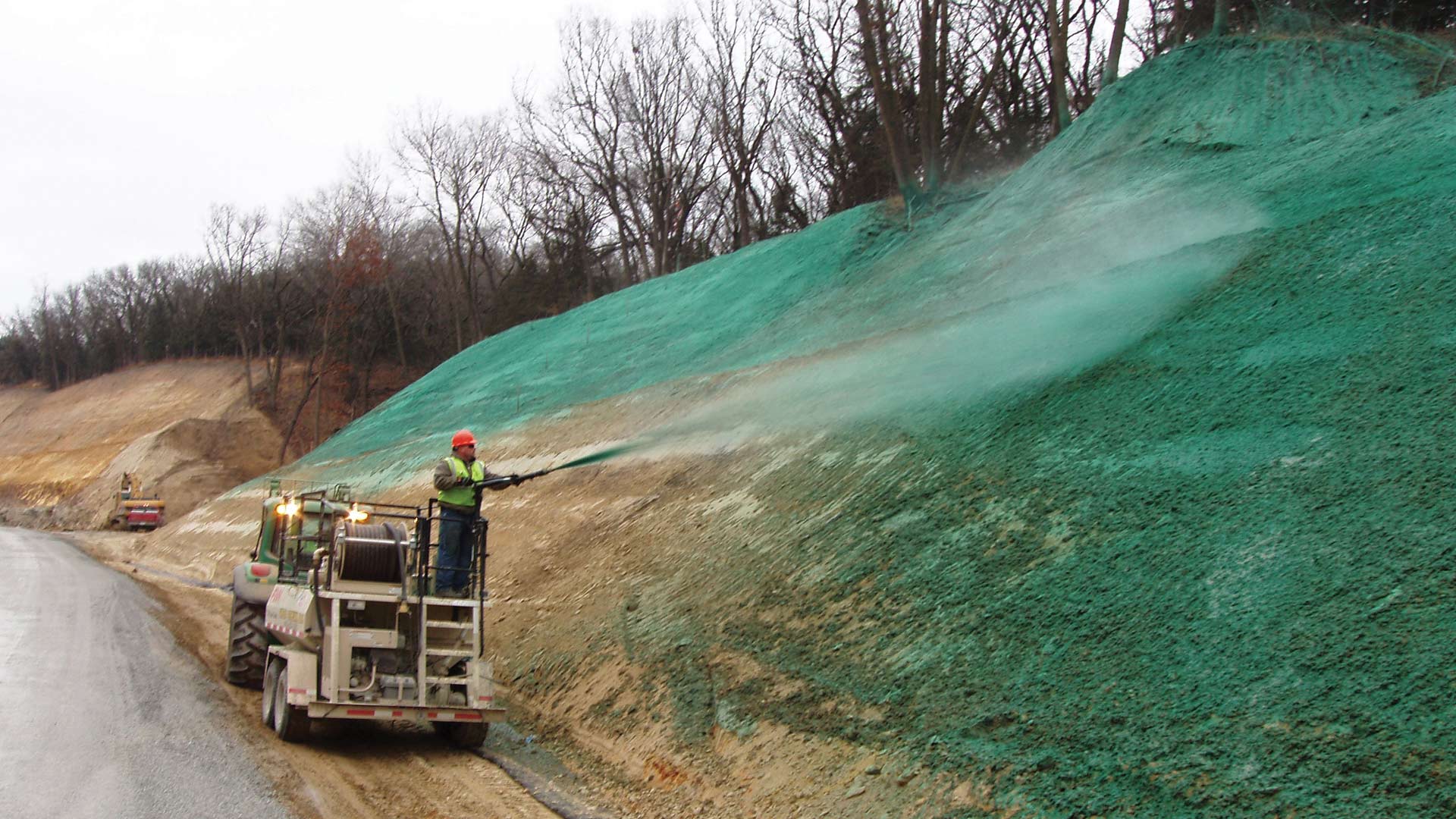–by Ashley Harguth
Corn oil lowers cholesterol
Corn oil significantly reduces cholesterol with more favorable changes in cholesterol than extra virgin olive oil. Among the people in the feeding study, consumption of foods made with corn oil resulted in significantly lower levels of LDL (bad) cholesterol and total cholesterol than the same foods made with extra virgin olive oil.
Corn oil has a unique combination of healthy fatty acids and plant sterols, which research suggests help lower cholesterol. Plant sterols are plant-based substances naturally present in fruits, vegetables, nuts, seeds, cereals, legumes and vegetable oils, such as corn oil. To the extent that plant sterols play a part in reducing blood cholesterol levels, they could have an important role in a heart
healthy diet.
science20.com, December 2013
Biodegradable packaging
The USDA Agricultural Research Service is working on a variety of composite materials that use coproducts such as cotton burs, seed hulls, cornstarch, flax, switchgrass and wheat straw. One product involves combining cotton gin waste and fungi inside a cast where the two ingredients become one, resulting in a foam-like material that can be used for packaging. The team is also looking at using this technology for recyclable, termite-resistant particleboards and pressboards, like outdoor deck planks.
USDA-ARS, December 2013
Biobased roofs
Buildings in New York are getting covered with soy-based products.
The historic Varick Street Federal building in New York City’s Lower Manhattan has a new, white soy-based roof coating. The coating extends the roof’s service life by more than 50 percent and exceeds New York City’s CoolRoofs guideline by reflecting the sun’s rays.
New York-area residents are also gaining useable living space on roof tops, play grounds and putting greens with durable soy-backed artificial grass from SynLawn. The company replaces more than 60 percent of the petroleum-based polyurethane with soybean oil. In addition to requiring no water, the artificial grass helps to lower temperatures, which reduces energy consumption
in buildings.
Soybiobased.org
Cheese de-icer
The city of Milwaukee, Wis., is looking to expand its options for winter road care. One of those options is cheese brine, the salty excess that is drained off when making curds. The liquid cheese brine activates the rock salt that is currently used to work faster. The combination of the wet cheese brine and the dry salt means safer roads faster.
todaystmj4.com, September 2013
Ag-based binders for mulch
Highway crews often use a green coating near new roadways to protect newly sown seeds. This hydromulch typically contains water, mulch and a binder, commonly, guar gum. This gum is imported into the U.S., but costs are rising, so researchers at the USDA-ARS are looking at crop plant alternatives.
Some new binders include gums from camelina and a starch-based material from cornstarch. Six of the materials tested were stronger than the currently used guar gum.
USDA-ARS, January 2014
